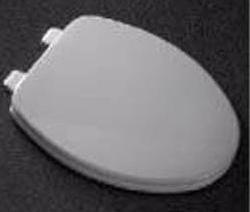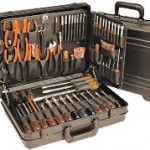Skylar, my oldest grandchild at 5½ now, has always had a way with words. Children like her keep the rest of us entertained with their interesting comments, and one of Skylar’s two year old remarks has stuck with me. She and her family were visiting from Florida, and a dozen of us were seated around my dining table chatting. Skylar’s loud, animated jabbering was interfering, and finally her mother said, “Skylar! You can’t be so loud at the dinner table. Please talk softer.”
Always thinking and not particularly interested in obeying at that moment, she looked directly at Linnea and said, in a quiet voice, “But Mommy, it’s good to laugh.” And quick as a wink she threw back her head, opened her mouth wide, and let out a rip-roaring, ear-splitting, drawn-out mega-laugh. She knew her mother wouldn’t say, “No laughing allowed!”
Although Skylar had the wrong approach, she did have the right idea. Scientists tell us we all benefit from a good laugh, and most of us don’t do enough of it. We’ve heard of Hollywood’s artificial “laugh tracks” and know the whole idea is to get us laughing more, enjoying the benefits of giggles and guffaws and the shows that cause them. Group laughter is a way of sharing in a happy experience.
Producers and directors recognize the power of a good laugh and have learned how to expertly blend natural and fake laughter. They’ve studied how wrongly placed laughs can ruin a story line, and how laughter that’s too loud or too long can offend listeners. Who knew there was such a thing as “wrong laughter?” But harnessing correct laughter translates to dollars and cents in the world of show business.
Sometimes I think about the things we laugh at in our spiritual lives and wonder if our behavior is always appropriate. Are we “laughing wrongly” as Skylar did that day at the table?
Maybe we can learn something from her laugh-wrapped disobedience. I have a hunch most of us do something similar on occasion. Haven’t we listened to our heavenly Parent’s instructions (or reprimands) with a hint of wrong laughter deep inside us? He tells us something important, and our inner laugh track quietly says, “Yeah, right. Ha ha.”
He says:
- Put someone else’s needs atop your own. (We say, “Laughable.”)
- Make decisions now, based on life after death. (“Oh sure.”)
- Love your enemies. (“Ridiculous.”)
- Believe that the devil is out to destroy you. (“Absurd.”)
- View suffering as an effective teacher. (“Preposterous.”)
- Trust your life to an unseen God. (“Outlandish.”)
How many times do we outwardly agree with him while inwardly thinking, “He can’t mean that!” But he hears our wrong-laugh track and is not joining in. What he wants from us instead is “correct laughter,” which is the deep satisfaction that bubbles up after cheerful, wholehearted obedience.
As for Skylar’s loud laughter at the table, she miscalculated her mother’s response, and during her time-out, she wasn’t laughing.
“This is love: that we walk in obedience to [Christ’s] commands.” (2 John 1:6)






